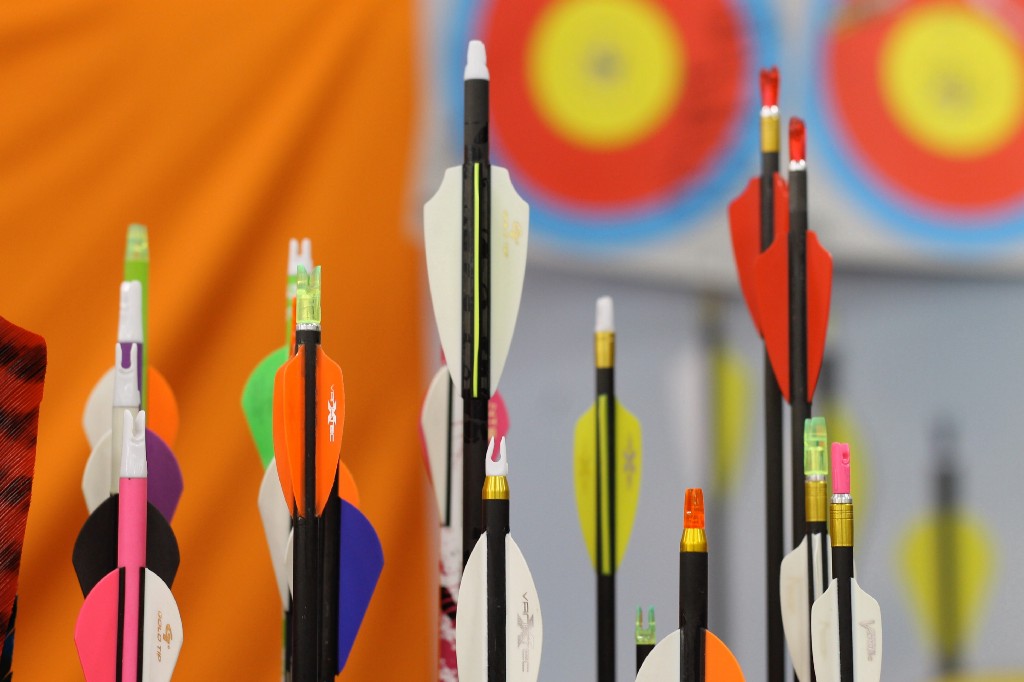Reading Lists
Liska Jacobs Picks 5 Books by Women to Help You Through Difficult Times
The author of “Catalina” chooses non-male authors whose work illuminates tough news days
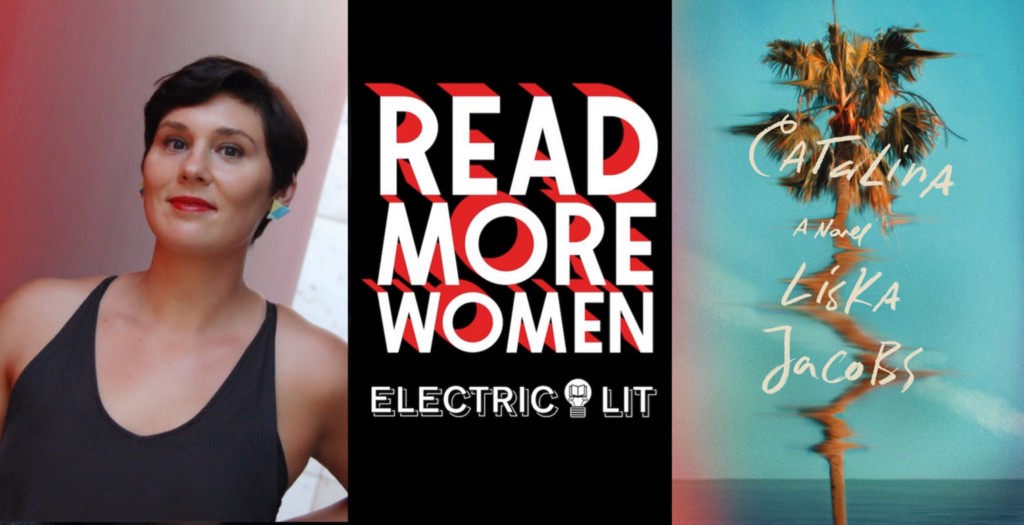
For our latest installment of Read More Women, author Liska Jacobs has put together a list of books by non-men specifically designed to help you process a difficult world—which lord knows we all need right now. Jacobs’s debut novel Catalina was compared to Madame Bovary, Anna Karenina, Charles Bukowski, and Bret Easton Ellis in the same review, in the same sentence. That’s a feat! But also, all of those books are written by men, so read these ones instead.
Read More Women is Electric Literature’s series, presented in collaboration with MCD Books, in which we feature prominent authors, of any gender, recommending their favorite books by women and non-binary writers. Twice a month, you’ll hear about the five non-male authors who most delight, inspire, and influence your favorite writers.
A friend of mine was instructed by her doctor to avoid the news one day a week. He wrote it out on a piece of paper along with a prescription for anti-anxiety and anti-depression medications. I think his point was that the headlines have become a kind of trauma, a relentless anguish. Reading a book can be an act of escape, but it can also help us process the world. The pain and confusion, the glimmers of hope and love too. Many books tackle difficult topics such as racism, motherhood, loneliness, sexual violence — and enrich their art by doing so. That, and my friend’s prescription, was my thinking behind this list, which I call Essential Reading for Right Now, although I think they will remain in rotation after these headlines have faded.

Citizen, Claudia Rankine
This book cuts deeper and deeper each year since publication in 2014. Every time I tune into the news I feel it twist closer to the bone. America is complicated — easy to state, but difficult to understand. Citizen uses a variety of mediums to get at its subject: poetry, artwork, lyric essay, even scripts from films. It is a master work of self-expression on what it means to be Black in America, and a vital exploration of the pervasive racism that has gotten us to where we are now.
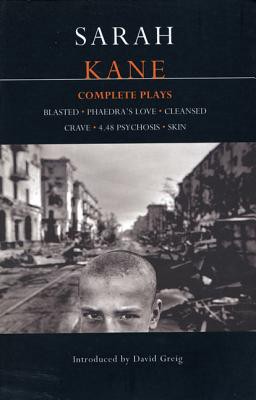
The Complete Plays, Sarah Kane
No matter how many times I reread Kane’s work, it always leaves me shattered. She writes about the darkest parts of our humanity with casual yet calculated prose. It slips in easy but is hard to shake. Like a tick. Her depictions of violence, pain, torture, and sexual desire can be shocking, but it makes the moments of redemptive love all the more powerful. Start with her debut play, Blasted, which scandalized London theater goers when first performed in 1995. Or Phaedra’s Love, a provocative reimagining of Euripides’ Hippolytus — or 4.48 Psychosis which Kane wrote in an unflinching exploration of her own severe depression before committing suicide in 1999. Kane lived a short life, but her five plays resonate with new meaning and haunting foresight as our exposure to brutality and unrest increases via the internet and the 24-hour news cycle.

The Days of Abandonment, Elena Ferrante
I don’t care about Ferrante’s identity. And her Neapolitan novels are fine — but this slim novel is a triumph. It’s depiction of motherhood as complexity, as failure, as muted rage is nothing short of radical. I read it straight through in one sitting. The word breathless comes to mind. Madness too. I found myself thinking in her prose style for three whole days. It’s a simple story about a woman named Olga and what happens after her husband unexpectedly leaves her — but Olga’s rage has unforeseen consequences on both her psyche and her children. Essential reading for anyone looking to understand this current wave of revolutionary feminism.
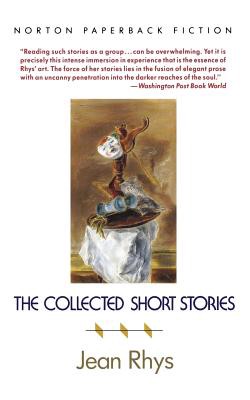
The Collected Short Stories, Jean Rhys
All of Rhys’s short stories in one volume, you lucky little darlings. Thirty-six stories, spanning her lifetime. Read this because her language is the kind of concise minimalism that fills the lungs, gives you room to breathe. Like walking into a museum gallery, the air conditioning on full blast, paintings perfectly, evenly, spaced on the walls. Yes, the world is on fire; yes, we are all going to die alone. But look at that — there it is on the page, loneliness, rage, violence, even political unrest — and these stories were written over the course of the 20th century. Some nearly a hundred years ago. There’s a strange comfort in knowing nothing ever really changes, that we go on and on and on in spite of it all.
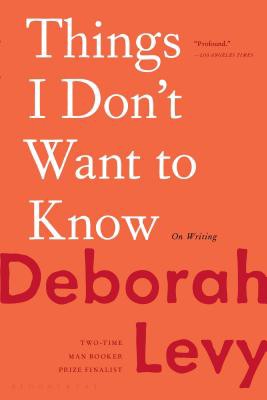
Things I Don’t Want to Know: On Writing, Deborah Levy
Levy’s magnificent novel touts itself as a response to George Orwell’s essay “Why I Write,” but it’s also a vivid mini memoir, a treatise on how writing can be a profound act of transformation. A vessel in which to process life’s traumas, to render beauty from grief, sense from the absurd. Each book I’ve listed here is testament to this. Their authors have translated their anger and confusion about the world through their work. Over the last year I’ve reached for Levy’s book often. How do we survive these perilous times? I search its pages. Pen to paper, Levy replies. Pen to paper.




